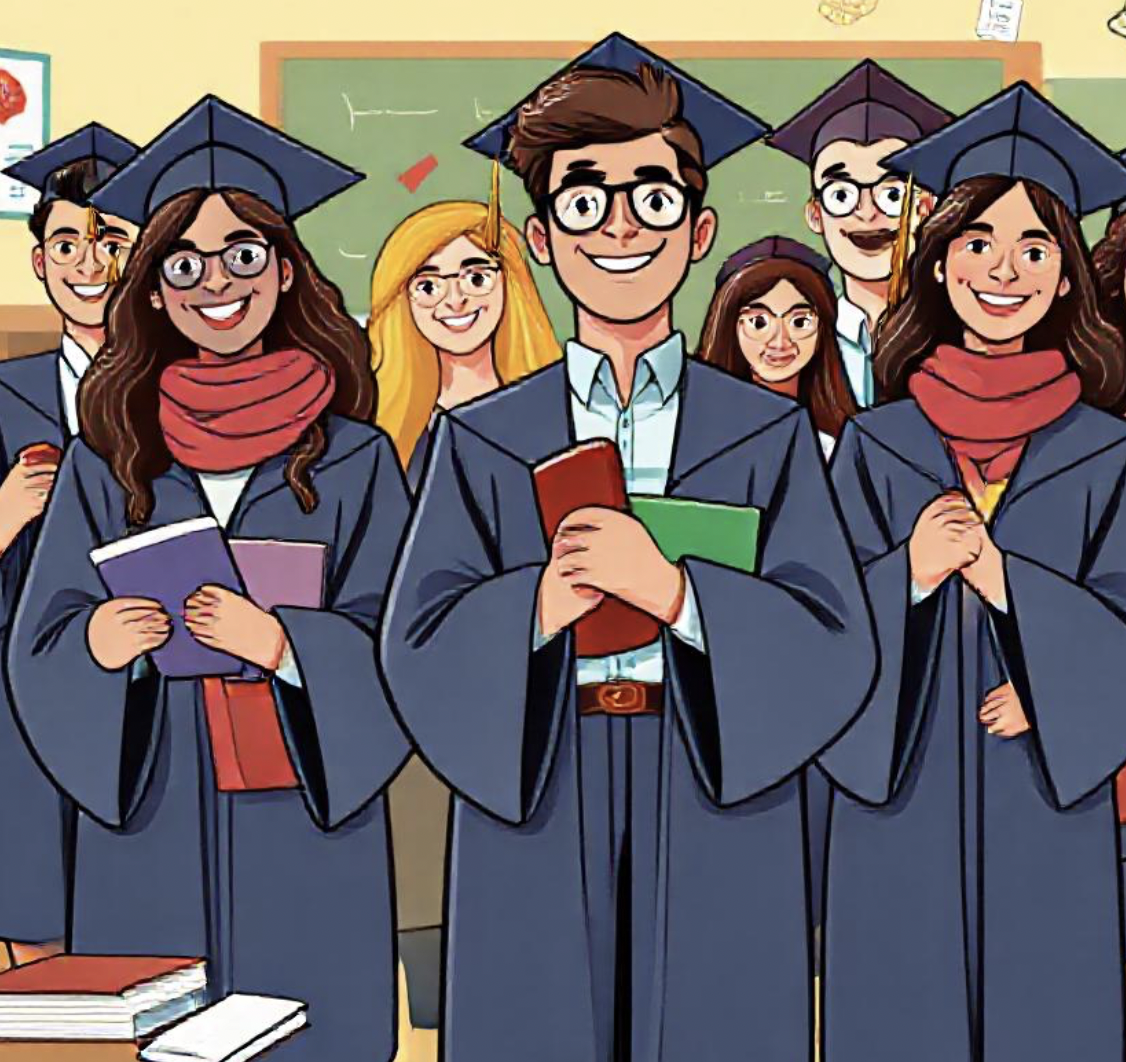From Teaching to Thriving: Exploring the Lived Experiences of English Education Graduates in Non-Teaching Careers
DOI:
https://doi.org/10.24903/bej.v7i1.1973Keywords:
career adaptability, career transition, non-teaching careers, social cognitive career theoryAbstract
The present phenomenological study discovers the lived experiences of English education graduates pursuing non-teaching careers (any professional roles that do not involve teaching students in formal educational settings). By conducting in-depth interviews with three participants, their lived experiences uncovered the interaction between non-teaching career exploration, appealing job opportunities, interest-driven career decisions, career choice consistency, self-efficacy, confidence, career growth, and development opportunities, which guided them to pursue their non-teaching careers. They considered intrinsic factors (self-efficacy and confidence, personal goals, personal interest, personal development, and outcomes expectations), along with extrinsic factors (financial stability, teaching limitations, career prospect, workload vs. compensation, continued engagement with educational background) in deciding their careers. The skills from English education such as teaching, communication, critical thinking, problem-solving, and English skills are applicable to help them adapt to their non-teaching career. The findings prove the adaptability of English education graduates in managing job market difficulties and diverse applications of their educational experiences. By having these facts this study informs higher education institutions and English education programs to support and guide the English education graduates as they fit for diverse career paths.
References
Becker, G. S. (1962). Investment in Human Capital: A Theoretical Analysis. In Source: Journal of Political Economy (Vol. 70, Issue 5).
Creswell, J. W. (2013). Qualitative Inquary and Research Design (3rd ed.). Sage Publications, Inc.
Hennink, M., Hutter, I., & Bailey, A. (2020). Qualitative Research Methods (A. Owens & C. Bush, Eds.; 2nd ed.). Sage.
Laher, J. M. (2024). Assessing the Reasons and Satisfaction of Teacher Education Graduates in Choosing a Non-Teaching Career: Towards Minimizing Irrelevant Employment Through an Effective School Program. Pedagogy Review: An International Journal of Educational Theories, Approaches and Strategies, 2(1), 26–36. https://doi.org/10.62718/vmca.pr-ijetas.2.1.SC-0524-010
Lent, R. W., & Brown, S. D. (2006). Integrating person and situation perspectives on work satisfaction: A social-cognitive view. Journal of Vocational Behavior, 69(2), 236–247. https://doi.org/10.1016/j.jvb.2006.02.006
Lent, R. W., Brown, S. D., & Hackett, G. (1994). Toward a Unifying Social Cognitive Theory of Career and Academic Interest, Choice, and Performance. Journal of Vocational Behavior, 45(1), 79–122. https://doi.org/https://doi.org/10.1006/jvbe.1994.1027
Martin, J. (1995). Transferability of Teacher-education Competencies to Non-teaching Careers. South Pacific Journal of Teacher Education, 23(2), 231–240. https://doi.org/10.1080/0311213950230209
Novita, P. (2023). Teaching is (not) a career priority for student teachers: Empirical evidence from Indonesia. Journal of Educational Studies and Multidisciplinary Approaches, 3(2). https://doi.org/10.51383/jesma.2023.78
Panlaqui, C. C., & Bardemorilla, N. G. (2023). Pondering the Phenomenon of Choosing Non-Teaching Jobs among Teacher Education Graduates. International Multidisciplinary Research Journal, 5(2). https://doi.org/10.54476/ioer-imrj/037932
PDDIKTI. (2022). Statistik Pendidikan Tinggi (Higher Education Statistics) 2022. https://dev-pd.dikti.go.id/
Rizqi, S. D., Retnaningdyah, P., & Lestari, L. A. (2024). Phenomena Of English Teacher Education Graduates Choosing Careers Other Than Teaching. EDUKASIA: Jurnal Pendidikan Dan Pembelajaran, 5, 1061–1068. https://doi.org/https://doi.org/10.62775/edukasia.v5i1.940
Sarpamones, M. A., & Ibojo, D. T. M. (2024). English Teachers Shifting Careers: A Multiple Case Study. Psychology and Education: A Multidisciplinary Journal, 24(8), 2024–2211. https://doi.org/10.5281/zenodo.13319246
Savickas, M. L. (2020). Career Construction Theory and Counseling Model. In S. D. Brown & R. W. Lent (Eds.), Career Development and Counseling: Putting Theory and Research to Work (3rd ed., pp. 165–199). John Wiley & Sons.
Savickas, Mark. (2019). Career construction theory : life portraits of attachment, adaptability, and identity. Mark L. Savickas.
Suryani, A., & George, S. (2021). “Teacher education is a good choice, but I don’t want to teach in schools.” An analysis of university students’ career decision making. Journal of Education for Teaching, 47(4), 590–604. https://doi.org/10.1080/02607476.2021.1903304
Wang, D., & Li, Y. (2024). Career Construction Theory: Tools, Interventions, and Future Trends. Frontiers in Psychology, 15. https://doi.org/10.3389/fpsyg.2024.1381233
Wang, D., Liu, X., & Deng, H. (2022). The perspectives of social cognitive career theory approach in current times. https://doi.org/10.3389/fpsyg.2022.1023994
Wulandari, F. (2020). ELESP Graduate Teacher Identity: Why Some Chose Non-Teaching Job? ELTR Journal, 4(1), 1–15. https://doi.org/10.37147/eltr.v4i1.53
Xinxin, D., & Amoozegar, A. (2024). Exploring The Impact Of Job Security, Job Promotion And Working Environment On Students’ Career Decision-Making At Hebei University, China. Educational Administration: Theory and Practice, 2024(5), 10419–10427. https://doi.org/10.53555/kuey.v30i5.4761
Xu, D., & Fletcher, J. (2017). Understanding the Relative Value of Alternative Pathways in Postsecondary Education: Evidence from the State of Virginia. In Bridges, Pathways, and Transitions: International Innovations in Widening Participation (pp. 227–257). Elsevier Inc. https://doi.org/10.1016/B978-0-08-101921-4.00014-2

Downloads
Published
How to Cite
Issue
Section
License
Copyright (c) 2025 Jihan Nabilah, Maria Teodora Ping, Istanti Hermagustiana, Sunardi, Dyah Sunggingwati, Desy Rusmawaty

This work is licensed under a Creative Commons Attribution 4.0 International License.
Authors retain copyright and grant the journal right of first publication with the work simultaneously licensed under a Creative Commons Attribution 4.0 International License that allows others to share the work with an acknowledgment of the work's authorship and initial publication in this journal.



